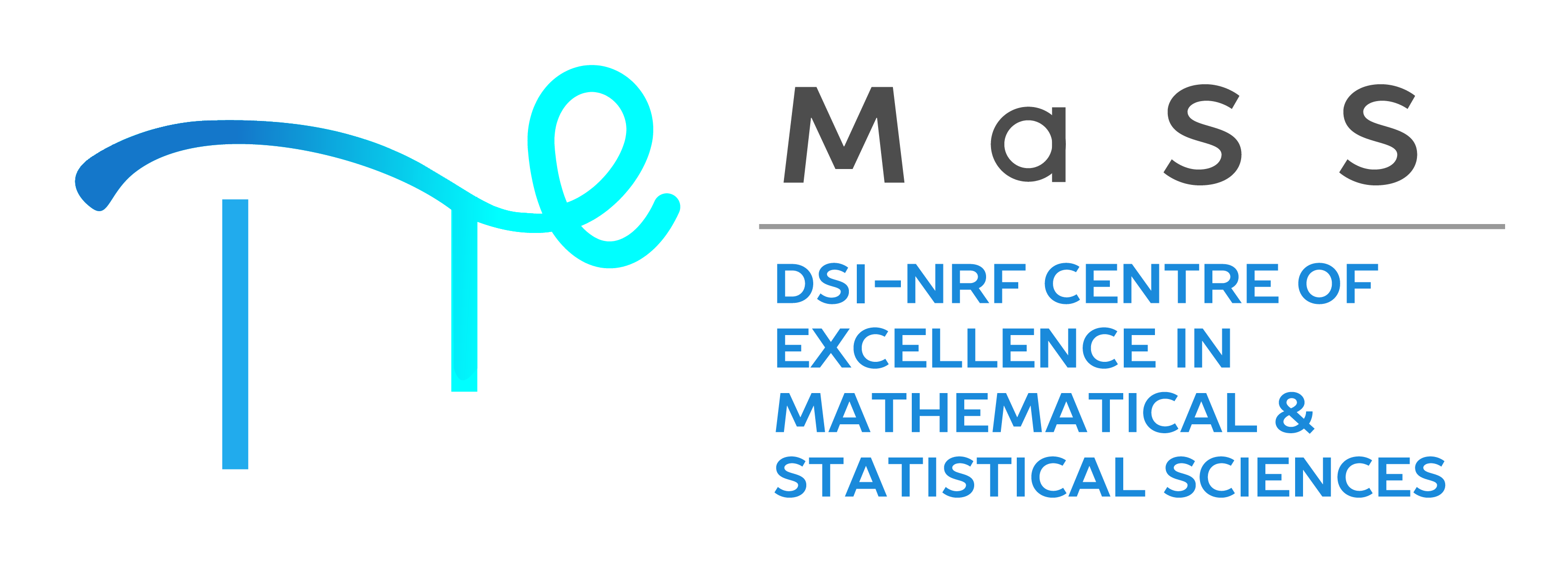Effects of rotational modulation on Rayleigh-Bénard
convection in ethylene glycol based hybrid nanofluids with internal
heating
M. Rudziva\(^*\),
P. Sibanda, OAI. Noreldin, SP.
Goqo,
School of Mathematics, Statistics and Computer Science, University
of KwaZulu-Natal
SAMS Subject Classification Number: 23
The effect of rotational modulation on Rayleigh-Bénard convection in ethylene glycol-based hybrid nanofluids with internal heating is studied analytically. The linear and weakly nonlinear stability analysis of the hybrid nanofluid is performed for a single-phase model. The perturbation method is used to obtain the nonautonomous Ginzburg-Landau equation. The Nusselt number expression is obtained using the Ginzburg-Landau solution. The linear stability study indicates that the critical Rayleigh number obtained in the case of hybrid nanofluid is less than the value obtained in the case of mono nanofluid. This accelerates the onset of convection in a hybrid nanofluid. The study further shows that hybridizing the fluid result in an increase of friction coefficient. It is also found that multi nanofluid ethylene glycol-alumina-copper almost doubles the rate of heat transfer as compared to the mono nanofluid in ethylene glycol-alumina, leading to the conclusion that hybrid nanofluids facilitate heat transfer better than the mono nanofluid. Further, the effects of other fluid parameters on heat transfer are presented graphically. The low amplitude of modulation and low modulation frequencies are considered. We find among other results that the amplitude of modulation enhances the heat transfer and the frequency of modulation reduces the rate of heat mass transfer in the hybrid system.


